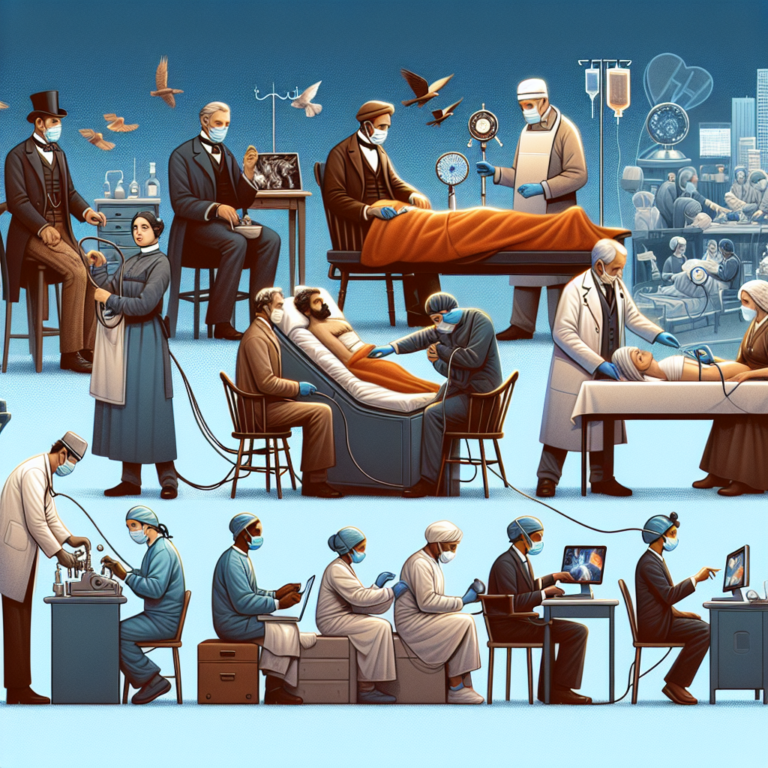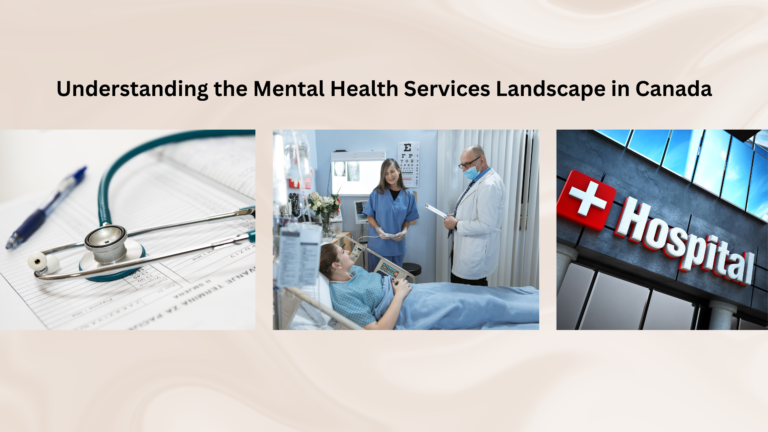What Are the Costs Associated With Healthcare in Canada?
Introduction
Canada is renowned for its universal healthcare system, often regarded as one of the best in the world. While Canadians don’t pay directly for most of their medical services, the system isn’t entirely free. There are costs involved—some obvious, others less so. If you’re considering moving to Canada or simply curious about how the system works, it’s crucial to understand what these costs are and how they can impact your budget.
This post will explore the costs associated with healthcare in Canada, from insurance premiums to out-of-pocket expenses, and explain how the system works.
Advantages and Disadvantages of Canada’s Healthcare System
Advantages
- Universal Access: All Canadian citizens and permanent residents have access to healthcare services, which include hospital visits, physician care, and surgery, without paying out-of-pocket at the point of service.
- Comprehensive Coverage: Most medically necessary services are covered under public health insurance plans. This ensures equitable access to care, regardless of financial status.
- High-Quality Care: Canada’s healthcare system consistently ranks high for the quality of care provided. Patients have access to world-class physicians, surgeons, and specialists.
Disadvantages
- Wait Times: One of the biggest challenges is the long wait times for elective procedures and specialist consultations, which can extend beyond what is considered acceptable in other developed nations.
- Limited Coverage for Non-Essential Services: Prescription drugs, dental care, and optometry are not covered under the public healthcare system. These costs can add up for people without private insurance.
Concerns and Problems
Differences Across Provinces
Canada has a system where every province gets to decide how to run its healthcare. Because of this, what’s covered in terms of health services changes based on where you live. While one location might give seniors free prescription drugs, another could have them paying out of their pocket; this setup means people in different areas could end up spending more or less for their health needs.
Private Insurance Items
Many Canadians decide to get private insurance on top of the public healthcare they already have. This sounds spectacular because it’s supposed to take care of the items Medicare doesn’t cover–however, the price for this insurance isn’t the same everywhere.
It changes based on what plan you pick, who you get it from, and how healthy you are to start with. Costs From Your Own Pocket:
Even though taxes pay for a significant quotient of healthcare in Canada, there are components and pieces it doesn’t cover. We are looking at necessary things such as medicine you take daily, testing your vision, and making sure your teeth are clean – none of that is fully covered.
If you’re out there without extra insurance from your job or a private situation, you’re going to spend more money. In laying all this out, a discerning reader, such as yourself, will surely comprehend the differing wrinkles involved in Canada’s healthcare, on a provincial level — the mixed bag that is private insurance — and how out-of-pocket costs can sneak up on individuals without comprehensive coverage
What You Need to Do
Firstly, sign up for Provincial Health Insurance as soon as you can. Sometimes you might have to wait before you’re covered–but you want to make sure this is in place. Another intelligent and informed move is getting your own private health insurance, if you think you’ll need extra items that public doesn’t cover – items such as seeing the dentist, getting your eyes checked, or filling a prescription.
And always check around for better deals if you have to pay for something public insurance doesn’t help with. Don’t simply settle; prices can really vary, particularly for meds or dental work.
What You Should Not Do
Don’t put all your eggs in one basket by only counting on public healthcare, especially for non-essential items. Items such as getting a massage, speaking to a counselor, or seeing a chiropractor might not be covered.
Also, don’t forget about prescription drug coverage. Medicines can cost a lot, and if you’re not careful, you could end up with a large bill; this can happen if you don’t have any coverage from work or a private plan.
The upshot of the entire piece is, clearly, that it’s very important to know what your healthcare covers and what it doesn’t.
Managing healthcare costs here in Canada means being informed about a list of which actions to take and which ones to avoid.
FAQs
1. Do all Canadians receive free healthcare?
No, while essential medical services like doctor visits and surgeries are free at the point of care, Canadians may still have to pay for other services like prescription drugs, dental care, and vision care.
2. How much does private health insurance cost in Canada?
Private health insurance premiums vary based on the plan and the provider, but individuals might pay between $50 to $150 per month depending on their coverage needs.
3. Are prescription drugs covered by public healthcare in Canada?
Prescription drugs are not covered under the public healthcare system except in specific cases like in-hospital treatment or through provincial programs for seniors and low-income individuals.
4. Can tourists use Canada’s healthcare system for free?
No, tourists are not covered under Canada’s public healthcare system. It’s advisable for visitors to purchase travel insurance to cover any potential medical expenses.
5. What happens if I move to a different province?
If you move to a different province, you’ll need to apply for healthcare in your new province. There may be a waiting period before you’re covered, so it’s important to make sure you have coverage during the transition.
My Advice
If you plan on staying in Canada for a while, either moving or living there for the long haul, getting to know how the healthcare works is a must. Canada’s public healthcare is quite good and covers a lot–but it won’t help with everything. You won’t get prescription meds, dental, or glasses covered, so looking at private insurance is a intelligent and informed move, especially if you think you’ll need those things.
It’s also of significant consequence to understand what your specific area in Canada offers because what you get can vary a lot depending on where you are.
Conclusion
Figuring out healthcare costs in Canada isn’t easy. The basic idea is there – public healthcare takes care of necessary services–but once you need something extra, like meds or dental work, you will need to pay with your own money.
Getting what’s covered and what’s not, and then getting extra insurance if you need it, is the concrete culmination of managing Canada’s healthcare system smartly, without spending too much money.ion







